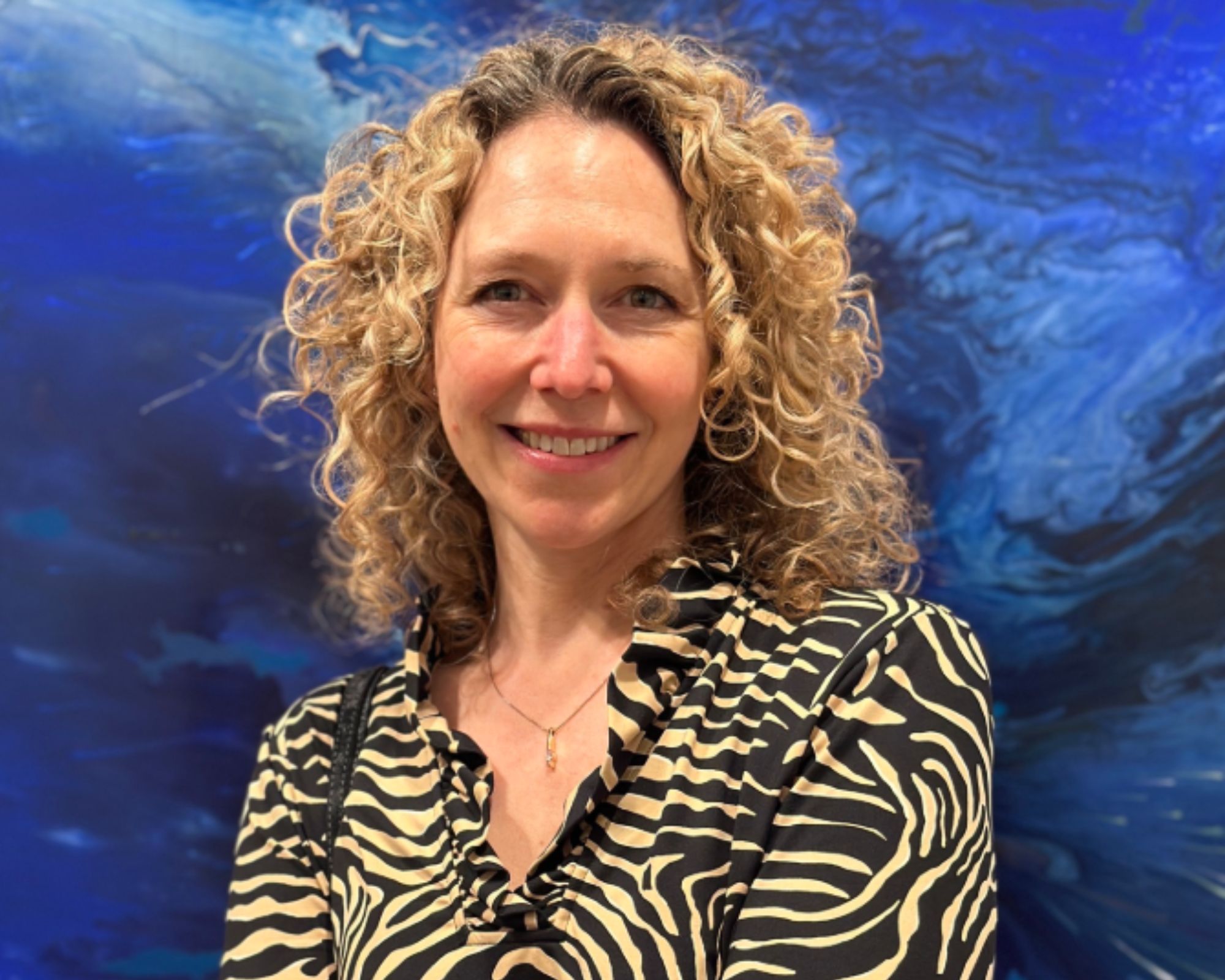What brought you to the field of survivorship?
I lost my beloved grandfather to cancer when I was 12 after a precipitous decline that left him so weak he could hardly say goodbye to us. I remember my young brain thinking “there has got to be a better way to help people going through cancer.” That sparked a lifelong passion for helping patients and their families live the best lives they can through and beyond cancer. In the 25 years of my career, I’ve driven advances in care delivery and improved clinical outcomes through conducting science to identify survivors’ needs and test new approaches to care delivery as a professor, filling critical scientific gaps to inform care delivery through national scientific leadership at the National Cancer Institute, non-profit leadership and healthcare policy work at the American Cancer Society to translate science into care, and healthcare administration and data science leadership to transform care for a large diverse healthcare system. In my new role as Chief Product and Strategy Officer at OncoveryCare, I am excited to help evolve this new virtual-first model of survivorship care and scale it across the oncology ecosystem.
What excites you most about the future of survivorship?
It is an exciting time to be working in cancer survivorship because the clinical workforce crisis we have seen coming for years is hitting us in the face and that is spurring much-needed innovation. Across the nation, a confluence of factors is contributing to our inability to provide the care that people need during and beyond their cancer treatment. Rising numbers of people living longer after being diagnosed with cancer is great news! However, when coupled with serious clinical workforce shortages, this means that we lack the oncologist workforce to see people for their initial cancer therapy, let alone to help manage the toxicities of treatment and provide ongoing care. Shortages in primary care clinicians mean they cannot be responsible for providing this care. Shortages in specialty care providers in fields like endocrinology, cardio-oncology, cancer rehabilitation, and behavioral health mean that the chronic and late effects of cancer go unmanaged and patients suffer as a result. Adding to this, the fragmentation of the multiple components of survivorship care makes accessing this care confusing, burdensome, and expensive to the patient.
We have the opportunity to intervene at a critically important time and solve multiple problems at once. I am thrilled at the opportunity to join this dream team of collaborators and investors at OncoveryCare to optimize and scale this next-generation coordinated and comprehensive model of chronic care for cancer survivors. Together, we can drive personalized care to effectively meet the needs of the growing number of survivors, streamline busy oncology clinics, and address critical workforce shortages.
What’s the best part of being part of the Oncovery team?
I love being a part of this mission-driven and forward-thinking team. One thing my career has taught me is that to do something new and truly game-changing, you have to have the right people with you on the bus. At Oncovery, we have a bus full of people—staff, investors, and clinical partners-- with the right passion, energy, expertise and willingness to take risks, experiment, learn, and iterate that we need to forge a new path. Together, we can build the future of survivorship.
When you were a kid, what did you want to be when you grew up?
I have always been fascinated by cancer and passionate about making healthcare work better. I grew up with a father who was also a healthcare delivery innovator building multi-specialty medical and psychological care for military veterans. Sometimes he would take me rounding with him and he instilled in me an early appreciation for thinking about patients as “whole people” and understanding that our healthcare should be about promoting health, not just treating disease. For reasons having to do with how the brains of 18-year-olds work, I decided to study aeronautical and astronautical engineering for much of college—you know, rocket science. But then I was fortunate to find an incredible mentor, Dr. Deborah Bowen, at the Fred Hutchinson Cancer Research Center in Seattle, who helped me find my cancer path and launch my career. She also instilled in me a lifelong passion for mentoring and amplifying the voices of my colleagues. And P.S. that engineering training has come in handy informing my healthcare data science work! I believe there are no mistakes in careers if we creatively use the lessons we learn.
What’s your favorite way to spend a Sunday morning?
Sunday mornings I like to be up early to comb through the local farmer’s market and see what new delights are coming out of the fields that I can build menus around for the coming week. I love to buy as much of my food as possible directly from the farmers who grow it—I enjoy feeling connected to them and knowing the work and care that goes in to producing our food. The rest of the morning will find me spending time with my husband David being physically active outside as much as possible, usually hiking or sailing. I rejuvenate by being in nature.






